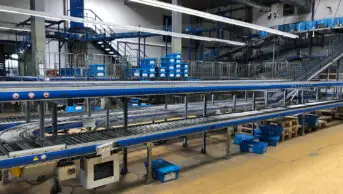Download the full infographic here
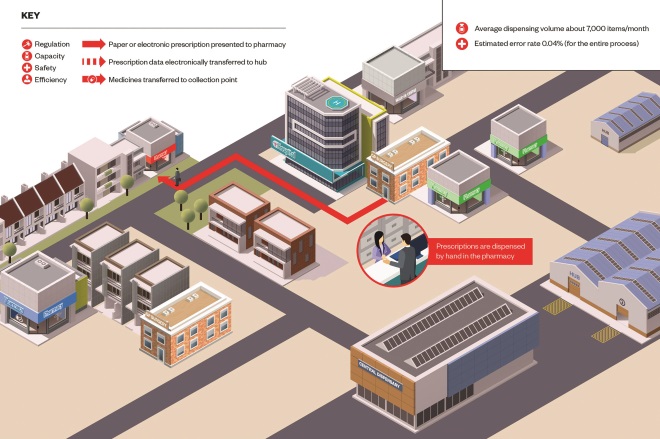
Figure 1: Traditional pharmacy distribution model
Prescriptions are dispensed by hand in the pharmacy
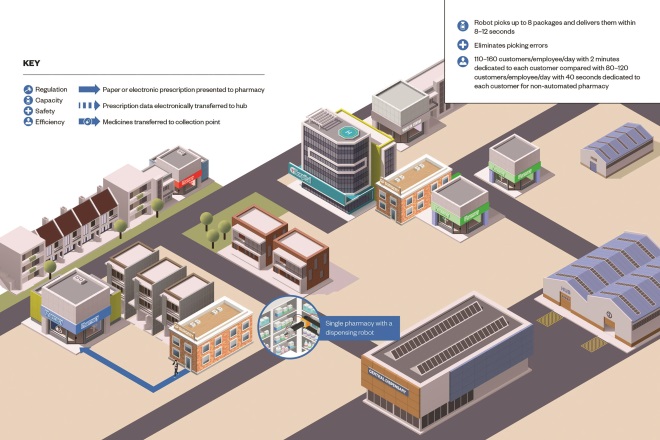
Figure 2: Automated pharmacy — Rowa Technologies
Source: Rowa Technologies
A single pharmacy with a dispensing robot
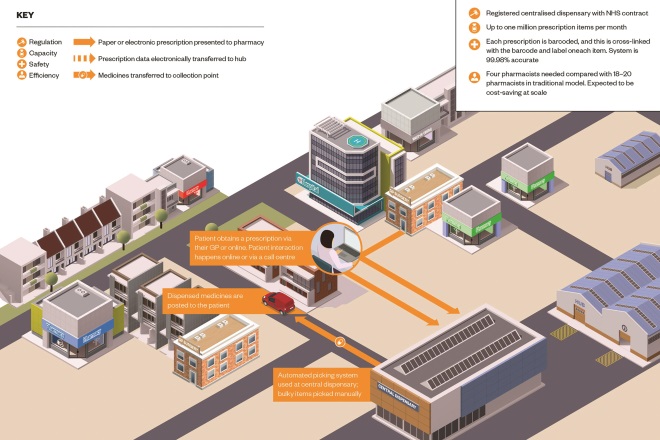
Figure 3: Centralised dispensing — Pharmacy2U
Source: Pharmacy2U
Patient obtains a prescription from their GP or online. Patient interaction happens online or via a call centre. Dispensed medicines are posted to the patient. Automated picking system used at central dispensary; bulky items picked manually
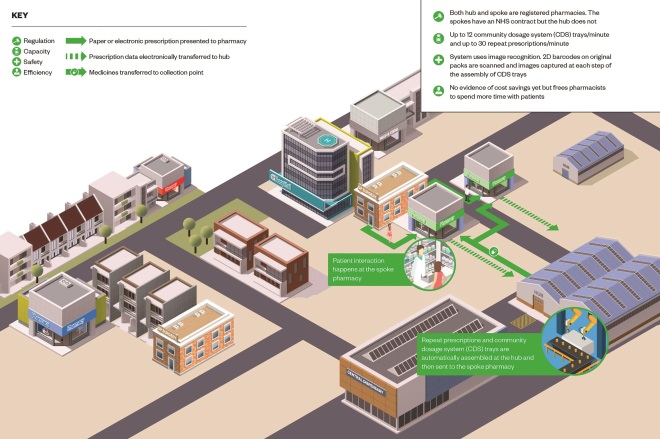
Figure 4: Hub and spoke (same legal entity) – Celesio
Source: Celesio
Patient interaction happens at the spoke pharmacy. Repeat prescriptions and community dosage system trays are automatically assembled at the hub and then sent to the spoke pharmacy
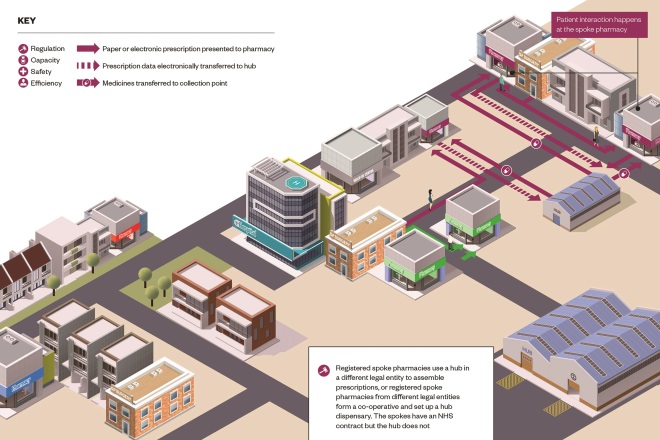
Figure 5: Hub and spoke (different legal entities) – proposed model
Patient interaction happens at the spoke pharmacy. Registered spoke pharmacies use a hub in a different legal entity to assemble prescriptions, or registered spoke pharmacies from different legal entities form a co-operative and set up a hub dispensary. The spokes have an NHS contract but the hub does not
References
Infographic: MAG and Alisdair MacDonald

